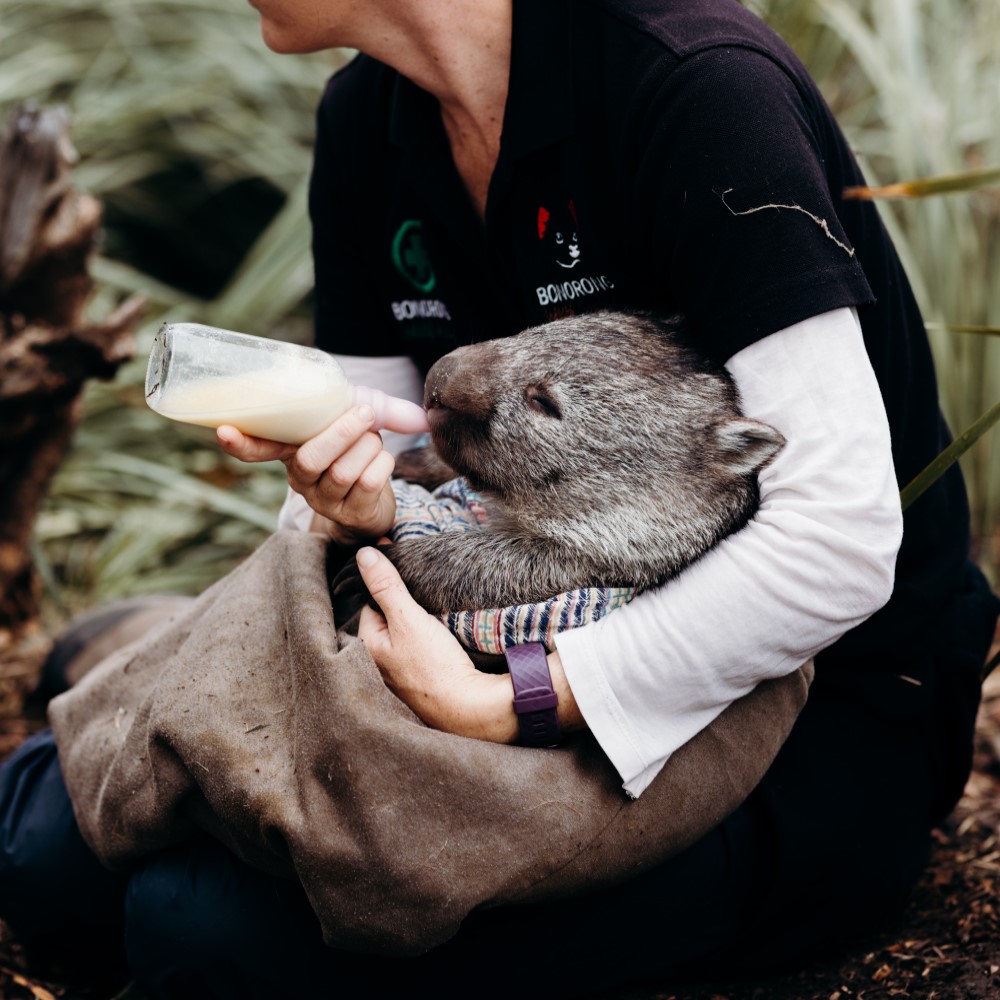A quick lesson about apprenticeships and traineeships
Apprenticeships and traineeships are best described as an employee (that’s you) who learns on the job with guidance from a mentor or manager. Working toward a nationally recognised qualification whilst also earning money – how great is that?
There are over 560 apprenticeship and traineeship qualifications across industries within Tasmania. You can do an apprenticeship or traineeship as a school leaver, if you’re re-entering the workforce, or if you are simply looking for a career change. You can even begin an apprenticeship or traineeship in secondary school under a school-based apprenticeship arrangement.

Discover your options
Get qualified with an ASbA
ASbA stands for Australian School based Apprenticeship (ASbA). In a nutshell, it’s an apprenticeship or traineeship that you do while still at school and there are 229 qualifications to choose from. So, if you’re in Year 10, 11 or 12 you could combine school, employment and training in an industry of your choice. And guess what? ASbA’s are available in over 500 occupations. This means there’s every chance you’ll find one that’s a great fit with your interests. Here’s how it works.
Become an apprentice or trainee after you finish school
You might be aiming for a full-time apprenticeship or traineeship after you finish your schooling. Finding an apprenticeship or traineeship is as much about finding a job in an area you want to work in, as it is about the training. Once you have an idea of your career path or preferred job you will need to find an employer who is interested in employing you as an apprentice or trainee.
Knock on doors
It may seem daunting trying to find the right apprenticeship or traineeship but there are some simple things you can do to get the ball rolling.
- start looking at the job vacancy ads in your local area or online – try seek.com or jobsearch.gov.au
- contact employers in the industry you’d like to work in – ask them about apprenticeship or traineeship opportunities at their workplace or in their industry
- contact an Apprentice Connect Providers in your region – they can help you find the right employer.
contact a Group Training Organisation (GTO) – they employ apprentices and trainees and place them with businesses.

TIP: contact employers in the industry you’d like to work in – ask them about apprenticeship or traineeship opportunities at their workplace or in their industry.

Brush up your application
Gaining a position as an apprentice or trainee is competitive. You’ll need to be prepared to go through an application process. Employers will generally require a copy of your resume, so make sure you have yours updated and ready to go.
Do some research about the workplace and the industry you are interested in. Potential employers will be looking for applicants who are genuinely interested in their business and what they do. Practice your interview skills with a trusted friend or adult.
Getting started as an apprentice or trainee
Once you’ve been offered a job, you and your employer will need to contact an Apprenticeship Network Provider and sign a training contract. A training contract is a legally binding document that outlines the roles and responsibilities of both you and your employer. If you are under 18, your parent or guardian must also sign the contract.
There’s a few more boxes to tick before you start your new job. Don’t panic, you will have the best support and advice to help you get started.
- your new employer will help you choose a Registered Training Organisation (RTO). They will deliver your training and assess your knowledge and skills
- you will need to develop your training plan with your employer and the chosen RTO
- have your training contract needs to be approved and registered by Skills Tasmania.
Once that’s done, it’s over to you to progress through your training. When you have obtained the knowledge and skills in your training plan, your RTO will issue you with your qualification. Well done!
To find out more information, visit Skills Tasmania.

Key takeaway
Do some research about the workplace and the industry you are interested in. Potential employers will be looking for applicants who are genuinely interested in their business and what they do

